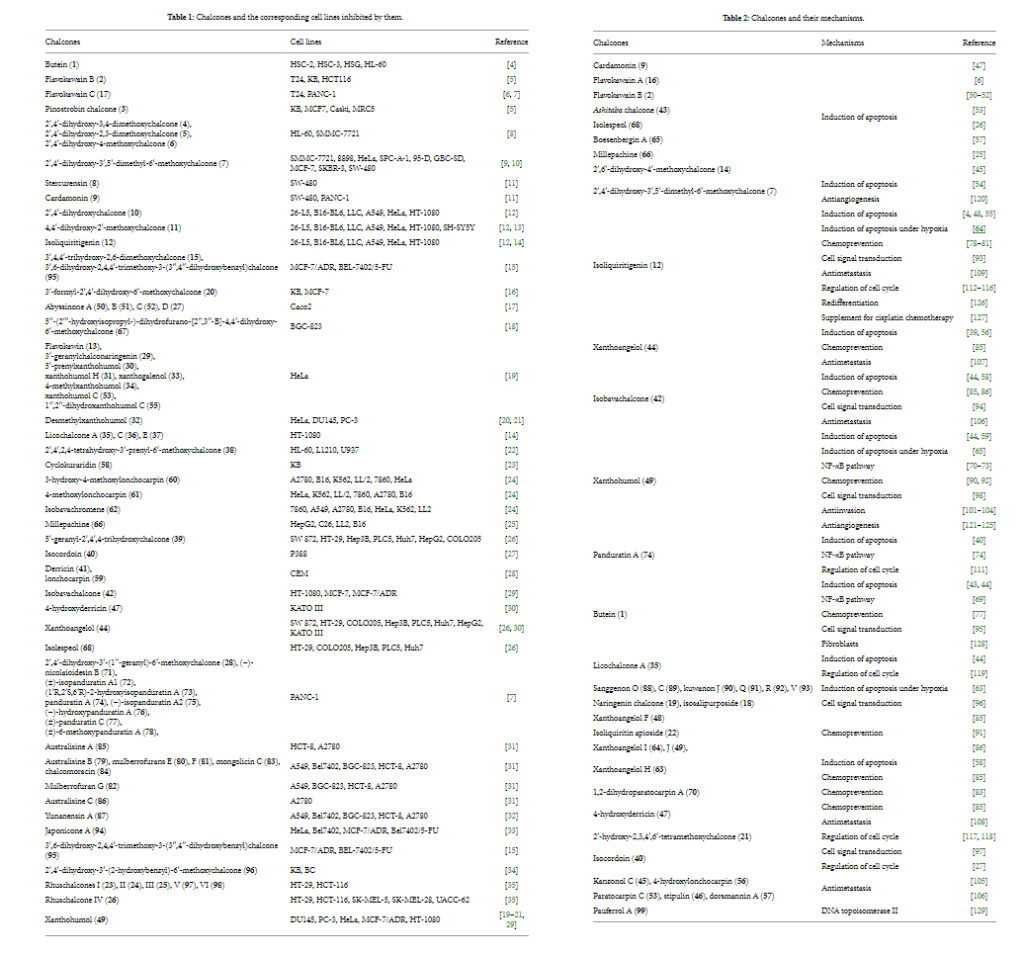This week The University of Findlay announced they made a drug from a natural compound that’s effective for glioblastoma, a very aggressive brain cancer! The article states it will take 10-15 years to for the drug to reach the patient.
What is the natural compound? A chalcone!!!
Chalcones are a substance found in many different plants such as apples, thyme, turmeric, cranberries, citrus, peppermint, and licorice.
Licorice extract contains multiple chalcones, one that comes to mind is glycyrrhizin. I’ve ran across that compound repeatedly in my cancer research, it’s listed as a substance that inhibits MUC1. MUC1 is the sticky protein that coats the cancer cell and allows adhesion.
What else does licorice extract do? Below are highlights from a recent article I read.
- Strong antioxidant
- Anti-bacterial-extract exhibits potent antibacterial activity and shows inhibitory activity on cultures of Staphylococcus aureus and Streptococcus pyogene. Kills Fusobacterium and other oral pathogens related to colorectal cancer.
- Anti inflammatory
- Anti-malaria
- Anti-viral- There is evidence that licorice inhibits the growth of viruses, including herpes simplex, Varicella zoster, and of Japanese encephalitis, influenza virus, vesicular stomatitis virus, type A influenza virus. Glycyrrhizin does not allow the virus cell binding. It’s been used with HIV-1 and chronic hepatitis C. There’s a recent study on two clinical isolates of SARS virust and anti-viral activity of glycyrrhizin. SARS patients were admitted to clinical center of Frankfurt University, Germany. The study on antiviral activities of ribavirin, 6-azauridine, pyrazofurin, mycophenolic acid and glycyrrhizin proved that glycyrrhizin was the most efficient in controlling viral replication. Glycyrrhizic acid was found to have a distinctive effect against Kaposi sarcoma-associated herpes virus. KSHV also becomes latent in infected cells same as other herpes virus. It is proved that glycyrrhizic acid can terminate latent infection of KSHV when all current drugs are found to be ineffective against latent infection. Glycyrrihizic acid down-regulates the expression of latency associated nuclear antigen (LANA) in B lymphocytes. This causes natural cell death (apoptosis) of the KSHV virus!
- Anti-fungal effects of licorice extract were found against Arthrinium sacchari, Chaetomium funicola, Mycobacterium smegmatis and Candida albicans! Mycobacterium is implicated in many cancer types.
- Blocks sugar and fat!
- Stimulates immune system!
Don’t like licorice? This article has a table for all sorts of different chalcones matched with cell types they kill and mechanism!!
